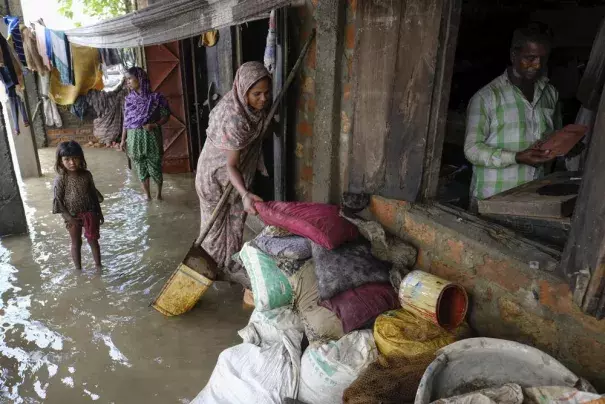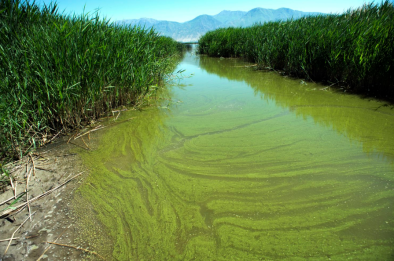Waterborne Illnesses Rise In Bangladesh As Floodwaters Fall

Concerns are rising over the spread of waterborne diseases in Bangladesh as floodwaters recede there and in northeast India following the flooding and landslides that killed well over 100 people in the region over the past month, Reuters reports. "With the flood waters receding, there is a possibility of an epidemic. We fear the outbreak of waterborne diseases if clean water is not ensured soon," Atiqul Haque, director general of the Department of Disaster Management, told Reuters. More than 4.5 million people are stranded in their homes across nearly a quarter of the low-lying nation. The lack of safe drinking water means more than 4,000 people have already contracted waterborne illnesses, including diarrhea (which exacerbates dehydration), dysentery, fever, and skin infections. Flooding has also damaged more than 925,000 acres of agricultural land, in addition to wiping away families' entire possessions. "There is not even a trace," Fatema Begum, a mother of three in Sylhet's Sunamganj district, told Reuters of her home. "We don't even have a second pair of clothes. No one has come to help."
(Reuters, AP; Climate Signals Background: Extreme Precipitation Increase, Parasite, Bacteria and Virus Population Increase)
To receive climate stories like this in your inbox daily click here to sign up for the Hot News Newsletter from Climate Nexus:
Related Content





